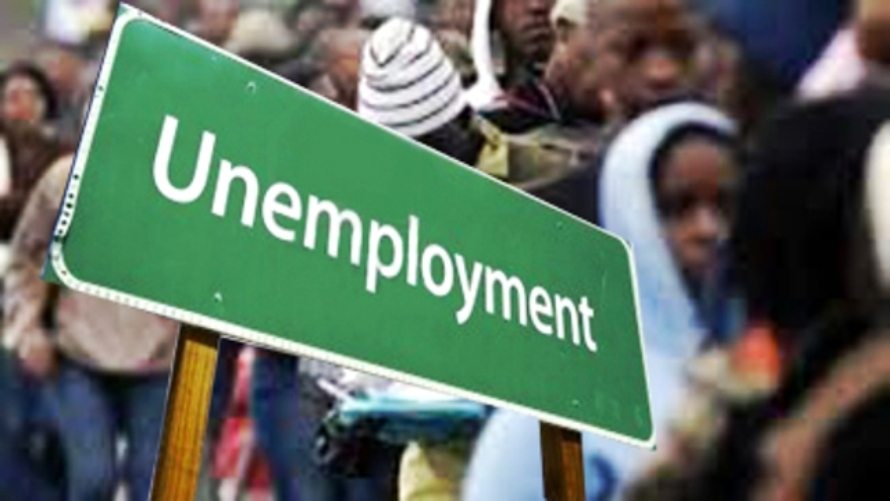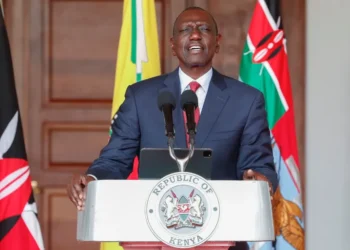The Covid-19 pandemic has worsened the economic condition in Africa’s Largest Economy, Nigeria, making it even harder for employers, including the Federal Government (FG) to create more jobs.
The private sector has relied on cutting jobs in the guise of downsizing and right sizing to reduce overheads and stay afloat during these hard times.
The Federal Government of Nigeria has come under intense pressure more than ever to create jobs for the teeming unemployed graduates in the country.
As a result, the Special Task Force on Monitoring and Enforcement of Nigerian Expatriate Business Permit and Expatriate Quota Administration under the aegis of the Federal Government has called on companies to employ Nigerian graduates or face sanctions.
This decision was made public knowledge after a meeting of the Ministerial task force, with representatives of the Nigerian Immigration Service, Nigeria Labour Congress, Nigerian Bar Association, Nigerian Society of Engineers, officials of Ministry of Interior, and other professional bodies.
The Chairman of the task force, Mr. Bola Ilori, disclosed that companies that fail to comply with the law guiding the employment of qualified Nigerians as an understudy for expatriates should be ready to face heavy sanctions from the hands of the Federal Government.
To ensure compliance with the rules, the task force has directed companies in the country to submit the Tax Identification Number, National Identification Numbers, phone number, and email address of Nigerians understudying expatriates in their firms.
This move by the Ministerial Task Force will help the FG to monitor the number of expatriates employed in Nigerian Companies and also help the Government to ensure that an expatriate is not occupying a job position a Nigerian is qualified to fill.
This will reduce the level of employment in the country, and ensure that skilled Nigerians are not denied employment opportunities they are qualified for.
The 9-man Special Ministerial Task Force on Monitoring and Enforcement of Nigerian Expatriate Business Permit and Expatriate Quota Administration was inaugurated by the Minister of Interior, Ogbeni Rauf Aregbesola, on December 1, 2020.
The Minister appointed Mr. Bola Ilori, the Chairman of the Ministerial task force, with members drawn from NLC, Federal Ministry of Interior amongst others.
Data from the National Bureau of Statistics (NBS) reveals Nigeria’s unemployment rate as of the second quarter of 2020 is 27.1% indicating that about 21.7 million Nigerians remain unemployed.
Nigeria’s underemployment rate stood at 28.6%. This means the total number of Nigerians who are unemployed or underemployed as of 2020 Q2 is a combined 55.7%.
The data also reveals the worst-hit are Nigerian youths with over 13.9 million currently unemployed. In Q3 2018, the last time the report was released there were about 13.1 million Nigerian youths unemployed. Youth between the ages of 15-24 have about 6.8 million Nigerians out of jobs and another 7.1 million also unemployed.
The NBS also reports Nigeria’s youth population eligible to work is about 40 million out of which only 14.7 million are fully employed and another 11.2 million are unemployed. A high youth unemployment rate is synonymous with increased insecurity and poverty a situation that is also seen as a ticking time bomb.
To put things into context, Nigeria’s unemployed youth of 13.1 million is more than the population of Rwanda and several other African countries. Youth Population is also about 64% of total unemployed Nigerians suggesting that the most agile working-class population in the country remains unemployed.





















